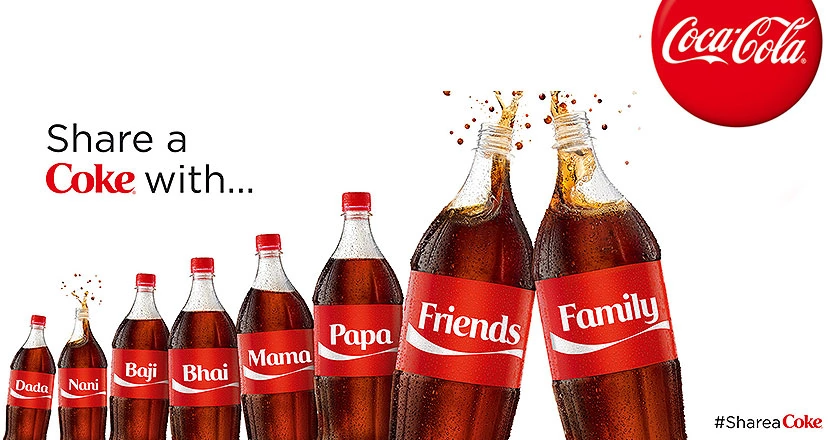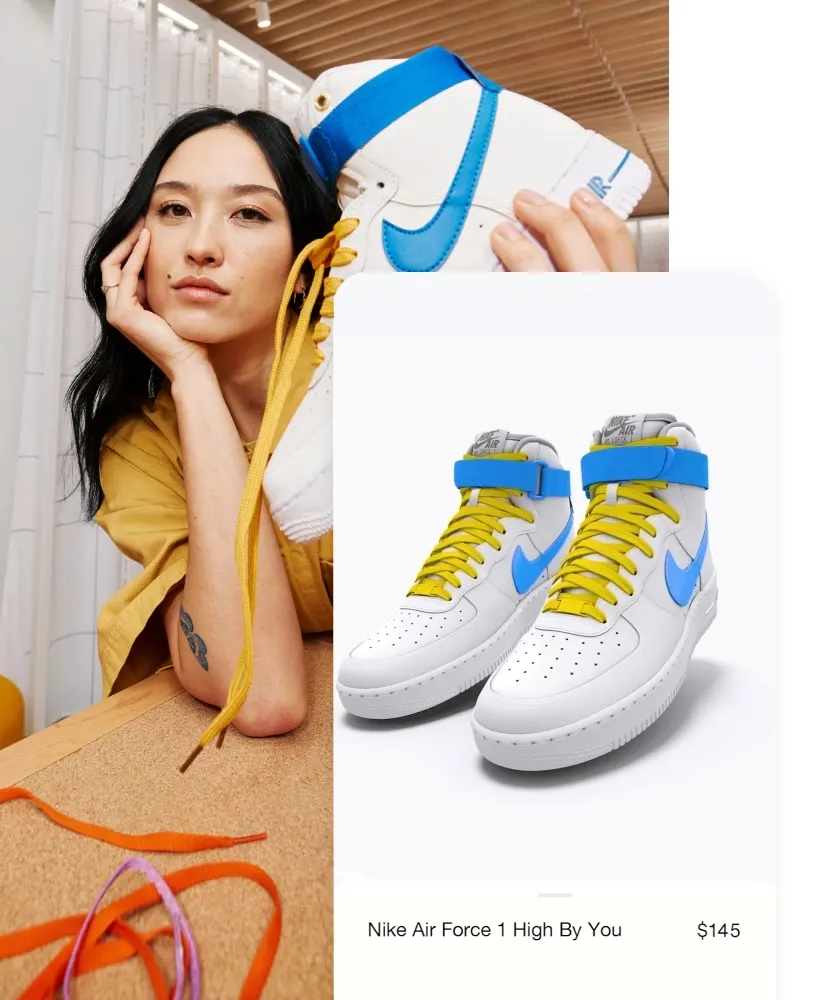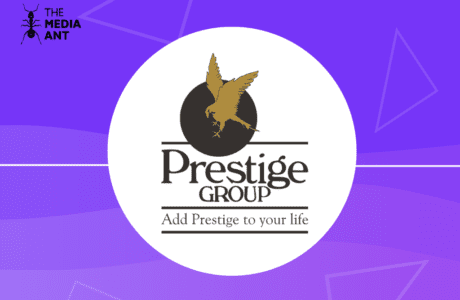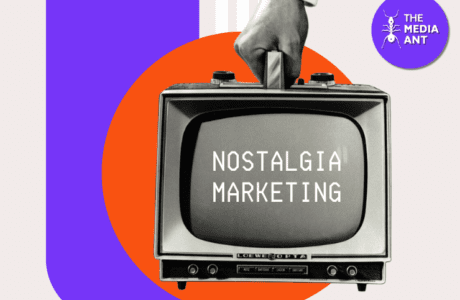Personalization has completely transformed the way businesses engage with their customers. In today’s world, where consumers are bombarded with information and choices, personalization emerges as a key tool to grab attention and build loyalty. By customizing marketing messages, offers, and content based on individual preferences, behaviors, and characteristics, businesses can create more meaningful and captivating experiences. This focused approach not only boosts customer satisfaction but also boosts conversion rates and nurtures lasting relationships. In this detailed guide, we will explore the concept of personalization in marketing, discuss its significance, and highlight effective strategies for implementing personalized marketing. Additionally, we will showcase real-life examples to demonstrate how top brands are using personalization to achieve impressive outcomes.
Concept of Personalization in Marketing
Personalization in marketing is the strategic method of customizing marketing strategies to suit the specific preferences, behaviors, and demographic information of individual customers. This approach involves the utilization of data and analytics to gain insights into customer needs and provide targeted messages, offers, and content. By harnessing technologies like AI and machine learning, businesses can anticipate customer behavior and create highly pertinent experiences across multiple channels. The objective of personalization is to enhance customer engagement, satisfaction, and loyalty by making interactions more meaningful and relevant. Ultimately, it transforms the customer journey into a more personalized and efficient process, resulting in higher conversion rates and stronger brand-customer relationships.
Why Personalization Matters in Marketing?
Personalization plays a key role in marketing by enhancing the customer experience, which in turn boosts satisfaction and loyalty. Tailoring messages, offers, and content to individual preferences creates more engaging interactions, increasing customer engagement and prompting action.
Furthermore, personalized marketing leads to higher conversion rates as customers are more likely to respond positively to offers that cater to their needs and interests. This targeted approach also improves the efficiency and effectiveness of marketing campaigns, resulting in better returns on investment.
Additionally, personalization provides valuable insights into customer behavior and preferences, allowing marketers to refine their strategies and make informed decisions. Ultimately, personalization helps businesses stand out from competitors, build stronger customer relationships, and achieve long-term success in a competitive market.
Strategies for Personalization in Marketing- A Guide
Personalization in marketing involves various strategies to tailor content and experiences to individual customers. Here’s a comprehensive guide to implementing effective personalization strategies:
Data Collection and Segmentation
Effective personalization begins with collecting and analyzing customer data. This includes demographic information, purchase history, browsing behavior, and social media interactions. By segmenting customers based on shared characteristics or behaviors, marketers can create targeted campaigns that resonate with specific groups.
Dynamic Content Delivery
Dynamic content delivery involves real-time customization of marketing messages. Personalize websites, emails, and ads to show different content to different users based on their preferences and past interactions, ensuring that customers receive the most relevant information at the right time.
Personalized Recommendations
Utilize algorithms and data analysis to suggest products or services tailored to individual customer preferences and past behaviors. Personalized recommendations can appear in emails, on websites, or within apps, enhancing the customer’s shopping experience.
Behavioral Targeting
Serve ads and content based on a user’s past online behavior, such as sites visited, products viewed, or searches conducted. This method increases the likelihood of engagement by addressing the customer’s current interests and needs.
Technology and Tools
Leverage advanced technologies such as AI and machine learning to enhance personalization efforts. These tools analyze vast amounts of data to predict customer behavior and automate personalized content delivery at scale.
Cross-Channel Consistency
Ensure a consistent and personalized experience across all marketing channels, including email, social media, websites, and physical stores. Maintaining uniformity in personalized messaging helps build a cohesive brand experience.
Testing and Optimization
Regularly test different personalized elements (e.g., subject lines, product recommendations) and use the results to refine your strategies. Continuous testing and optimization are vital for effective personalization.
Hyper-Personalization
Move beyond basic segmentation to create highly individualized experiences using real-time data. Hyper-personalization leverages AI and machine learning to deliver precise, context-aware content.
Contextual Marketing
Deliver personalized messages based on the context of the customer’s current situation, such as their location, time of day, or current activity. This approach ensures relevance and increases the likelihood of engagement.
Feedback and Iteration
Gather customer feedback and continuously iterate on personalization strategies. Listening to customer preferences and adapting accordingly helps refine marketing efforts and improve overall effectiveness.
By implementing these strategies, businesses can create personalized marketing experiences that resonate with their customers, driving engagement, loyalty, and conversion rates.
Key Benefits of Personalization in Marketing
Personalization in marketing offers a range of significant benefits that can enhance customer experience, drive engagement, and improve business outcomes. Here are the key benefits:
Enhanced Customer Experience
Personalization makes customers feel valued and understood, leading to a better overall experience with the brand. By delivering relevant and timely content, brands can meet customer needs more effectively and create a more enjoyable interaction.
Increased Engagement and Interaction
Relevant and tailored content is more likely to capture the customer’s attention and encourage interaction. Personalized messages, offers, and recommendations drive higher engagement rates, as customers are more interested in content that speaks directly to their interests and needs.
Improved Conversion Rates
When marketing messages and offers align with individual customer preferences, the likelihood of conversion increases. Personalized marketing presents customers with the right products or services at the right time, significantly boosting the chances of making a sale.
Enhanced Customer Loyalty and Retention
Consistently meeting customer needs through personalized interactions fosters loyalty and reduces churn. Customers who feel understood and valued are more likely to return to the brand, make repeat purchases, and become brand advocates.
Higher ROI on Marketing Investments
Personalized marketing efforts are more efficient and effective, often resulting in better resource allocation. By targeting specific customer segments with relevant messages, businesses can achieve higher returns on their marketing investments, optimizing their budget and resources.
Deeper Customer Insights and Understanding
Personalization involves collecting and analyzing customer data, providing valuable insights into customer preferences and behaviors. This deeper understanding allows marketers to refine their strategies, create more relevant content, and make more informed decisions.
Competitive Advantage
In a crowded market, personalization can differentiate a brand from its competitors. Offering unique and tailored experiences helps brands stand out, attract customers, and build stronger relationships. Personalization can be a key factor in winning customer loyalty and preference.
Examples of Personalization in the Digital World
Coca-Cola’s Personalized Bottles

Coca-Cola’s “Share a Coke” campaign is a standout example of successful personalization in marketing. Launched in 2011 in Australia and later expanded globally, the campaign replaced the iconic Coca-Cola logo on bottles with popular names in each market. This simple yet innovative idea created a personal connection between the brand and its consumers.
Nike’s Custom Shoes

Nike offers a highly personalized product experience through its “Nike By You” platform, formerly known as NikeiD. This platform allows customers to design their own shoes by selecting various elements, such as colors, materials, and personal inscriptions.
Conclusion
Personalization has become an essential tactic for businesses seeking to establish meaningful relationships with their customers. Through the utilization of data and advanced technologies, companies are able to provide customized messages, offers, and experiences that align with individual preferences and behaviors. This not only improves customer satisfaction and loyalty, but also increases engagement and conversion rates. The implementation of effective personalization strategies, including data collection and segmentation, dynamic content delivery, personalized recommendations, and behavioral targeting, can greatly enhance the efficiency and effectiveness of marketing efforts. Real-life examples such as Coca-Cola’s “Share a Coke” campaign and Nike’s customized shoes demonstrate the significant impact of personalized marketing.
For businesses seeking to optimize their marketing efforts through personalization, partnering with experienced agencies can be invaluable. The Media Ant, a leading media buying and planning agency, offers comprehensive services to help brands navigate the complexities of personalized marketing, ensuring impactful and successful campaigns.
FAQs Related to Personalization in Marketing
How Does Personalization Benefit Customers?
Personalization benefits customers by providing them with a more relevant and engaging experience. By tailoring content, offers, and recommendations to individual preferences and behaviors, personalization makes interactions with brands more meaningful. This leads to greater satisfaction, as customers feel understood and valued. Personalized marketing can also save customers time by presenting them with products and services that match their needs and preferences, reducing the effort required to find what they are looking for.
What Data is Used for Personalization in Marketing?
Personalization in marketing relies on various types of data to understand and predict customer preferences and behaviors. This includes:
1. Demographic Data: Age, gender, income, education level, etc.
2. Behavioral Data: Browsing history, purchase history, and interaction data.
3. Geographic Data: Location information, which can be used for location-based marketing.
4. Psychographic Data: Interests, values, lifestyle, and personality traits.
5. Transaction Data: Details of past purchases, including products, services, and spending amounts.
6. Engagement Data: Interactions with emails, social media, and other marketing channels.
What Are the Challenges of Implementing Personalization in Marketing?
Implementing personalization in marketing comes with several challenges:
1. Data Privacy Concerns: Ensuring compliance with data protection regulations like GDPR and CCPA while collecting and using customer data.
2. Data Management: Collecting, storing, and analyzing vast amounts of data accurately and securely.
3. Integration Across Channels: Creating a seamless personalized experience across multiple channels (email, web, social media, etc.) requires sophisticated technology and coordination.
4. Resource Intensive: Developing and maintaining personalized marketing strategies can be costly and time-consuming, requiring investment in technology and skilled personnel.
5. Balancing Personalization and Intrusiveness: Finding the right balance between being helpful and being perceived as intrusive or creepy by customers.
What is the Concept of Personalization?
The concept of personalization in marketing involves tailoring marketing efforts to meet the individual needs, preferences, and behaviors of customers. It leverages data and advanced technologies like AI and machine learning to deliver relevant content, offers, and experiences to each customer. The goal is to enhance the customer experience, drive engagement, and increase conversion rates by making interactions more relevant and meaningful.
What is the Purpose of Personalization?
The purpose of personalization in marketing is to create more relevant and engaging customer experiences, which can lead to higher satisfaction, loyalty, and conversion rates. By understanding and anticipating customer needs, businesses can deliver targeted messages and offers that resonate with individual customers. This not only improves the efficiency and effectiveness of marketing campaigns but also helps in building stronger relationships with customers, fostering long-term loyalty, and gaining a competitive edge in the market.





